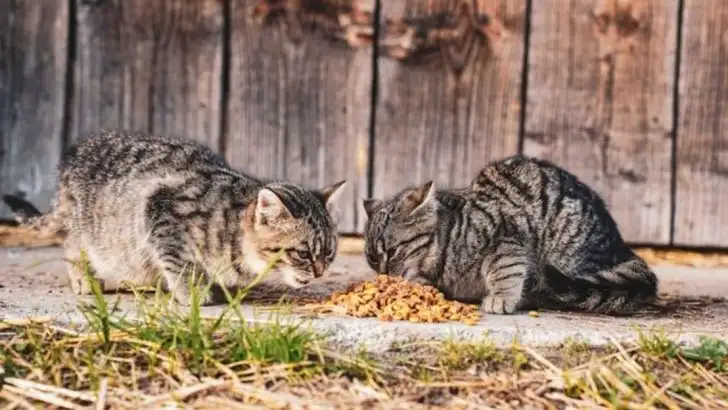If you’re a coffee lover, chances are you toss out coffee grounds every day without a second thought. But did you know those used grounds can be a powerful ally in your garden? Packed with nutrients and organic matter, coffee grounds can boost soil health, deter pests, and even support plant growth — all while reducing waste.
Gardeners around the world are finding creative ways to repurpose coffee grounds, using them to enrich compost, feed acid-loving plants, and improve soil texture. Whether you have a sprawling garden or a small balcony oasis, adding coffee grounds to your plant care routine is a simple, sustainable step that delivers surprising results.
In this article, you’ll discover 11 clever ways to use coffee grounds to benefit your plants and garden. From fertilizing flowers to protecting your veggie patch, these practical tips will help you turn your morning ritual into a greener, more productive gardening habit.
Boost Soil Acidity
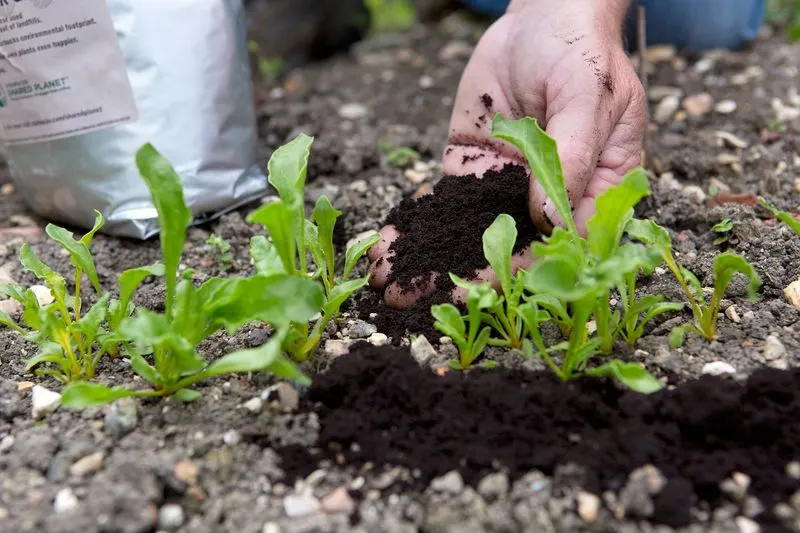
Acid-loving plants thrive with the right balance of soil pH, and coffee grounds can help achieve that. By sprinkling grounds around plants such as blueberries and azaleas, you provide a subtle acidity boost. This simple adjustment can lead to more vibrant blossoms and healthier growth. Coffee grounds break down over time, gradually lowering the pH without overwhelming the soil. Remember, moderation is key—too much can lead to overly acidic conditions.
Natural Pest Repellent
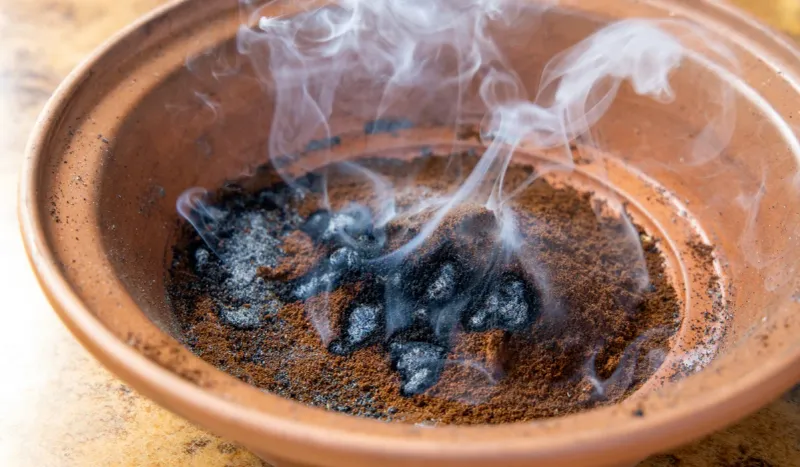
With their strong aroma and texture, coffee grounds can deter common garden pests like slugs and ants. Spreading a barrier of grounds around plants creates an unwelcoming environment for these intruders. Unlike chemical pesticides, coffee grounds offer a natural, eco-friendly solution to pest control. This method not only protects your plants but also enriches the soil as it decomposes. Combining pest repellence with soil nourishment makes coffee grounds a dual-purpose ally in garden care.
Compost Booster
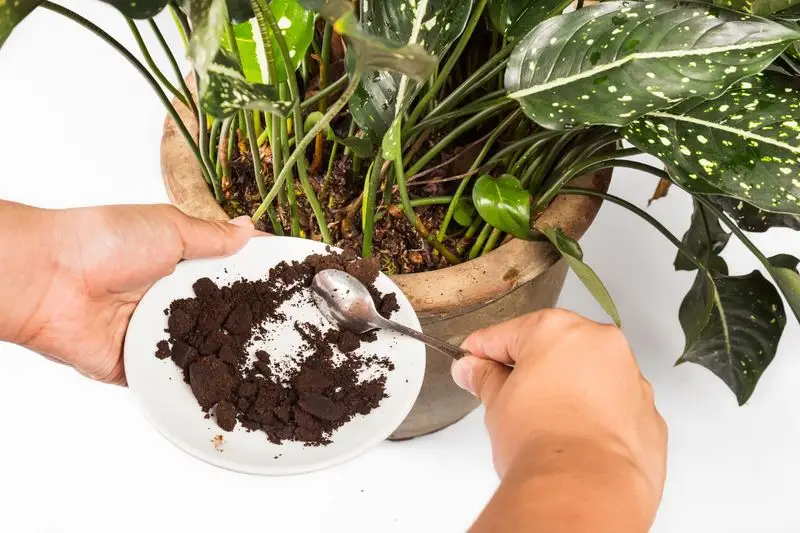
Enhancing your compost pile with coffee grounds is a smart choice. They add valuable nitrogen, an essential element for balanced composting. Grounds break down swiftly and improve the overall quality of the compost. When mixed with other green and brown materials, they accelerate decomposition, leading to richer compost. This process transforms waste into a nutrient-packed amendment for your garden, supporting healthy plant growth.
Worm Food
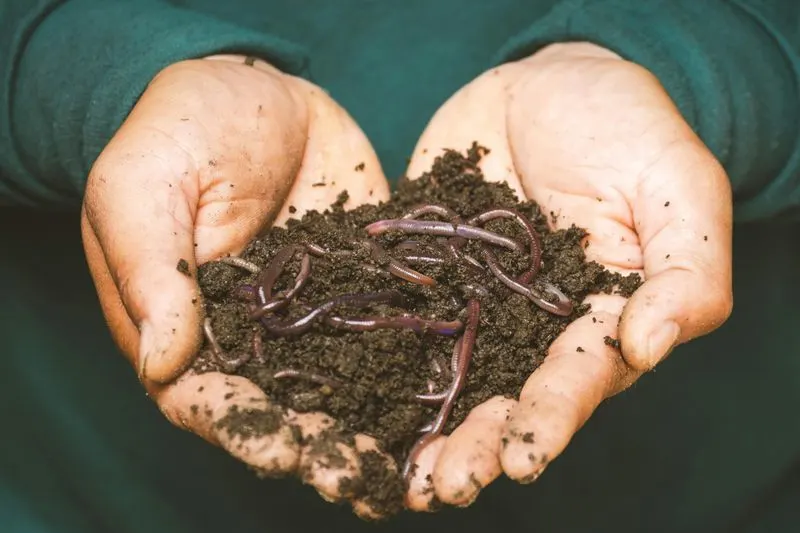
Worms are nature’s recyclers, and they love coffee grounds! By including grounds in your vermiculture setup, you encourage worm activity. They consume the grounds, breaking them down into nutrient-rich castings that benefit your plants. This process enhances soil structure and fertility. Understanding the preferences of your worms can lead to more productive vermicomposting. Just be cautious to balance their diet with other organic matter to maintain a healthy worm population.
Cat Deterrent
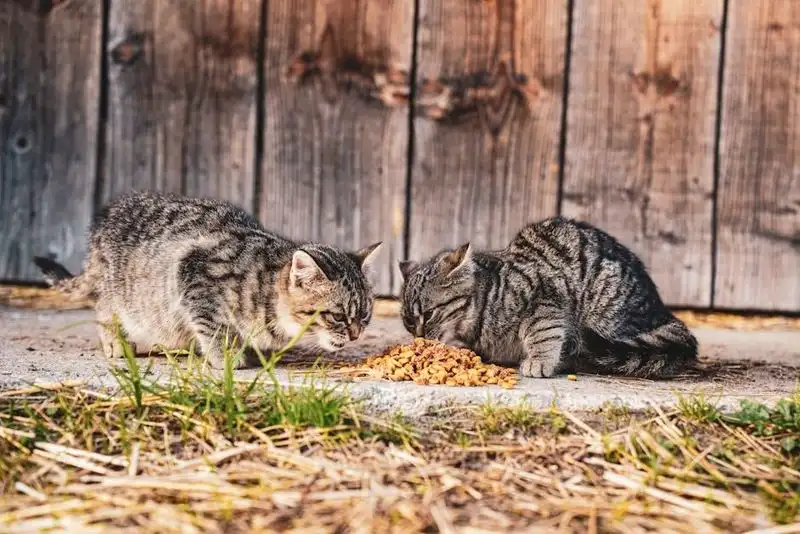
Cats often see gardens as personal playgrounds, but coffee grounds can change that. The texture and smell are unappealing to cats, encouraging them to seek entertainment elsewhere. By creating a ground barrier, you protect delicate seedlings and reduce garden disruptions. This humane method is ideal for gardeners seeking a pet-friendly deterrent. Since it’s biodegradable, it won’t harm the environment, offering peace of mind for eco-conscious individuals.
Fungal Disease Prevention
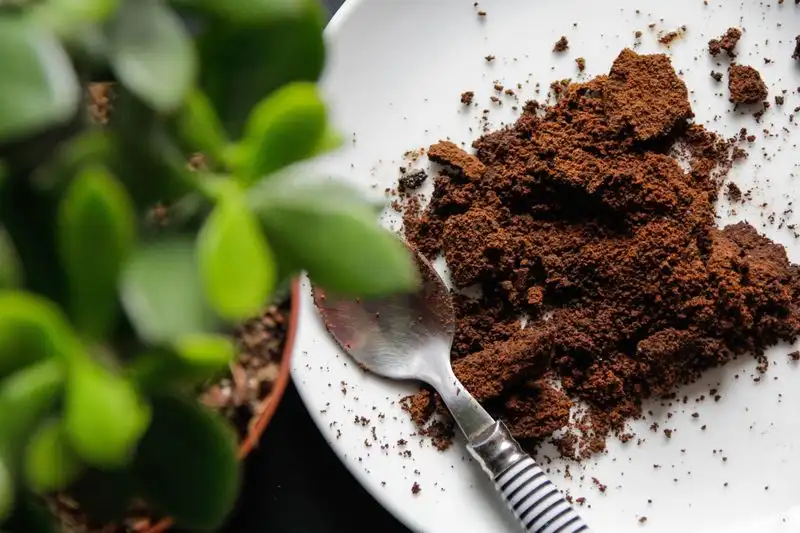
Certain compounds found in coffee grounds can combat fungal diseases affecting plants like roses and tomatoes. When sprinkled around the base, they create a protective barrier, reducing the likelihood of infection. Regular application can keep fungal issues at bay, promoting healthier plants. This preventive measure, coupled with good gardening practices, offers a natural way to maintain disease-free gardens. It’s an easy step that can yield significant health benefits for your plants.
Soil Aeration
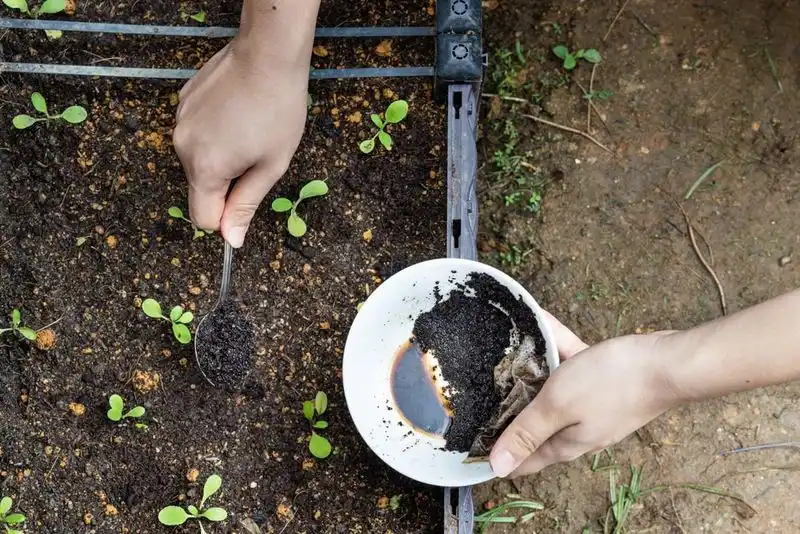
Compacted soil can suffocate plant roots, but adding coffee grounds may improve aeration. By mixing grounds into the soil, you enhance its structure, allowing roots to breathe better. This simple practice can lead to more robust growth and healthier plants. The grounds’ organic material breaks down, further enriching the soil. For gardeners dealing with heavy, clay soils, this method offers a straightforward solution to a common problem.
Encourage Beneficial Microbes
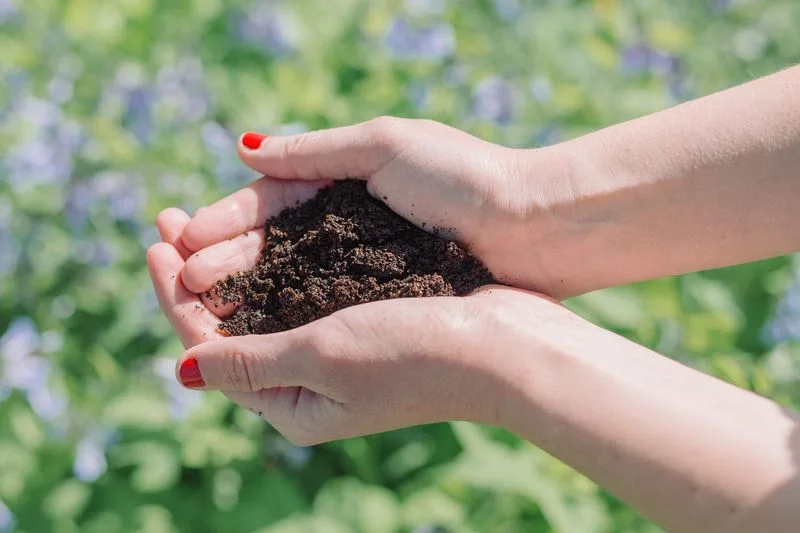
Coffee grounds support the proliferation of beneficial microbes in soil. These microorganisms play a crucial role in nutrient cycling and plant health. By incorporating grounds into your soil, you create a hospitable environment for these helpful microbes. Their activity enhances soil fertility and aids in breaking down organic matter. This symbiotic relationship between grounds and microbes contributes to a thriving garden ecosystem, making it a valuable addition to regular garden care.
Natural Fertilizer
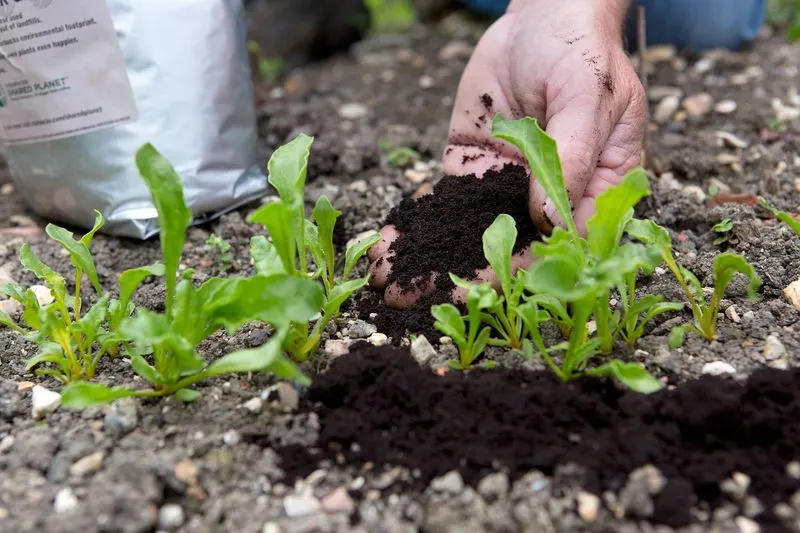
Rich in nitrogen, coffee grounds can act as a natural fertilizer for your garden. Sprinkling grounds around vegetable plants provides a gentle nutrient boost. Over time, they decompose, releasing essential elements into the soil. This slow-release process ensures plants receive nutrients gradually, promoting steady growth. It’s a practical choice for those seeking organic gardening solutions. Pairing coffee grounds with other organic fertilizers can optimize results, offering balanced nourishment for your plants.
Neutralize Odors
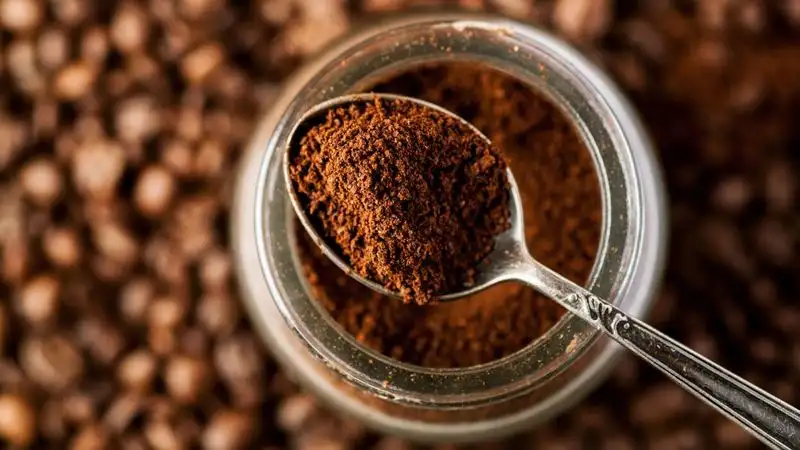
Garden compost piles can occasionally emit unpleasant odors, especially in warmer months. Coffee grounds can counteract these smells, thanks to their odor-neutralizing properties. By adding them to your compost, you maintain a fresher scent while enhancing the compost’s quality. This dual function makes coffee grounds a handy addition to any composting routine. Embracing this technique not only benefits the environment but also provides a more pleasant gardening experience.
Mulching Alternative
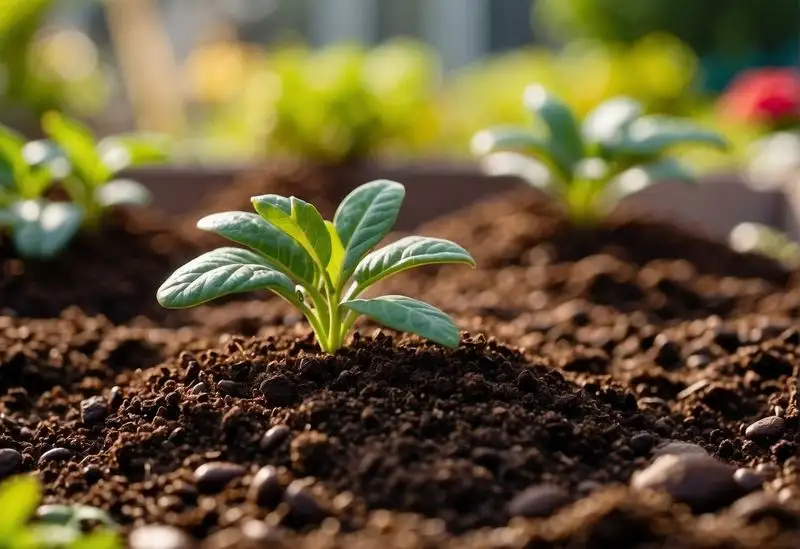
Traditional mulching materials can be supplemented with coffee grounds. They create a layer that helps retain moisture and suppress weeds. This approach supports water conservation and reduces maintenance efforts. Grounds break down over time, adding organic matter to the soil. For gardens needing an eco-friendly, cost-effective mulching solution, coffee grounds offer a beneficial alternative. Their additional nutrient content only enhances the overall health of your garden.

